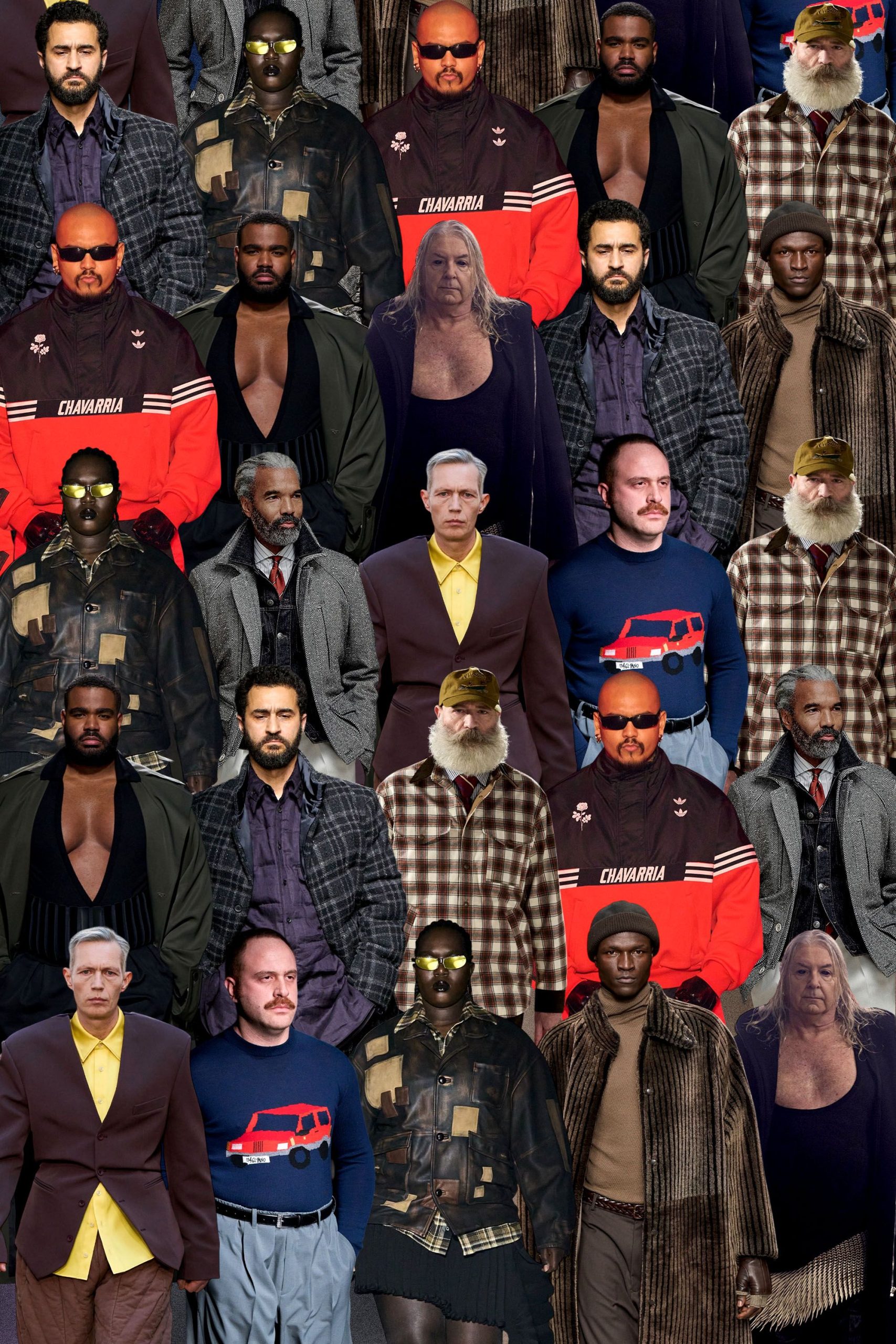
Cult Danish fashion brand Ganni has signed a four-year agreement to use Cycora, a recycled polyester created by LA-based material innovation startup Ambercycle. Crucially, the deal is an offtake agreement, meaning Ganni agreed to purchase Cycora before Ambercycle had produced it — something sustainability advocates have been pushing more brands to commit to.
Ganni co-founder Nicolaj Reffstrup says he believes in Cycora’s potential to “change the game” when it comes to textile-to-textile recycling, which is notoriously hard to do because many textiles use blended materials that are difficult or impossible to separate, and when textiles are recycled the quality tends to degrade over time. Most recycled polyester is currently made from plastic bottles.
Cycora is made from a mix of post-consumer and post-industrial polyester textile waste, though Ganni has chosen to only use Cycora from post-consumer textile waste. Ambercycle says it is able to maintain the quality of the material over time because it uses chemicals to separate the molecules of the polyester, processing it into resin that is transformed into yarn — and it’s also able to separate polyester from materials where it’s mixed with other fibres. Along with Ganni, Ambercycle has ongoing partnerships with Inditex, Arc’teryx, Reformation and Gap Athleta (Inditex and Arc’teryx also signed offtake agreements).
Ganni has been in discussions with Ambercycle since 2021 and launched a 30 per cent Cycora jersey in 2023 followed by a 70 per cent Cycora in a different colourway. Its Spring/Summer 2025 show at Paris Fashion Week featured a lime green football jersey made from 70 per cent Cycora as part of Ganni’s Fabrics of the Future initiative.
“Securing this agreement is critical for us as we firmly believe that next-generation alternatives like fibre-to-fibre recycling represent the future of materials used in the fashion industry,” says Reffstrup. “There is a real risk that without proactive action, we could face challenges in accessing these innovations as demand increases globally. This offtake ensures that we can remain at the forefront of next-gen material adoption, while staying true to our commitment to a more circular future.”
One of the main barriers for material innovation startups to scale their solutions is a lack of sign-on from brands. If brands don’t commit to purchasing new materials, often startups will lack the capital to produce the material in the first place and to attract capital from investors. Offtake agreements don’t eradicate the risk — Swedish textile-to-textile recycling startup Renewcell went bankrupt after some brands failed to honour their agreements — but they do reduce it. (Ganni was among the brands that piloted products using Renewcell’s hero product, Circulose, which is now being brought back to market under new investment and leadership.)






